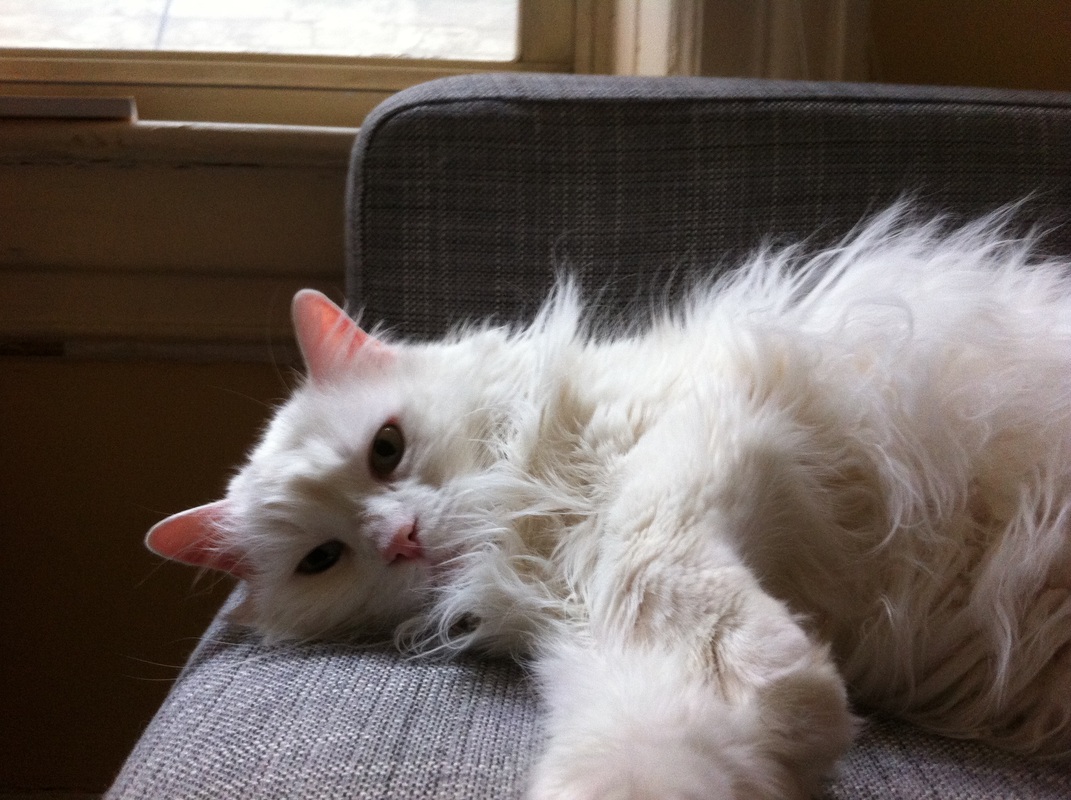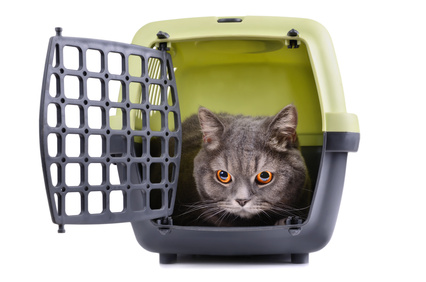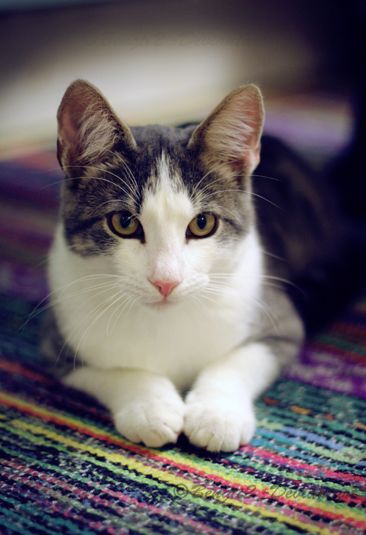How much grooming depends on the nature of the coat and on your pet's age, health and life status.
The softer and silkier the coat the more grooming it will require. Older cats tend to become lazy and loose interest in cleaning themselves. This lack of interest could be related to age-related cognitive decline (cat dementia). Overweight cats have a difficult time reaching the back part of their bodies. The area around the tail might get specially dirty since bits of poop and litter could stick to it.
Cats with "pushed" faces need the area around their eyes cleaned daily to prevent excesive tears and infections.
Long haired cats need more brushing than regular cats. Regarless of their beautiful and shinny coats, a mayor concern for these cats is hairballs. Regular combing and brushing will not only keep your apartment cleaner but your cat will also enjoy a healthier life!
Depending on all these factors, your cat might need a little work once a month or every few days. It is a good idea to start grooming your cat since he/she is a kitten. Many kitties absolutely love and enjoy being combed and brushed.
Kitty in NY has many long haired clients. Our caregivers will brush and comb your cat following your instructions. Having such a beautiful guest is worth the extra brushing! Contact us and explain what services you need. We propose in-home cat boarding and cat sitting services in New York city.




 RSS Feed
RSS Feed

